The Leibniz-IZW regular publishes press releases on key findings and insights from its research and on events, awards or personalia. The press releases are distributed directly to journalists on our press release distribution mailing list. Press releases are also disseminated through the distribution services Informationsdienst Wissenschaft, AlphaGalileo and EurekAlert. Are you interested in receiving our press releases directly via e-mail? In this case please send us an email to presse@izw-berlin.de.
Current press releases
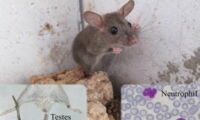
Sexually-transmitted diseases: do multiple partners mean more immunity?
Read more … Sexually-transmitted diseases: do multiple partners mean more immunity?
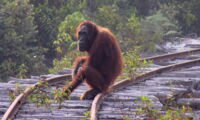
New hope for Borneo’s orang-utans despite climate change and deforestation threats
Read more … New hope for Borneo’s orang-utans despite climate change and deforestation threats
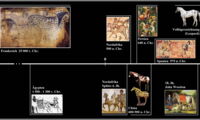
Leopard complex spotting and congenital night blindness – ancient horse DNA reveals human breeding preferences
Over the millennia people have repeatedly changed the coat patterns and colours of domestic animals through selective breeding. In particular, leopard complex spotting in horses has been repeatedly a favourite pattern since the beginning of domestication about 5500 years ago, as an international team of scientists has now been able to demonstrate. The study emphasises how changing fashions and repeated cross-breeding of wild and domestic horses have substantially enhanced the genetic diversity of the domestic horse. The results of the study have just been published in the renowned scientific journal Philosophical Transactions B of the Royal Society.
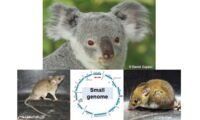
Big foray in the „DNA pool”
Scientists from the IZW led by Alex Greenwood publish a simple way to retrieve small genomes from a mix of various organisms.
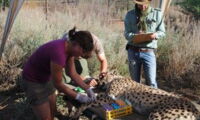
Cheetah menu: wildlife instead of cattle
Scientists from the German Leibniz Institute for Zoo and Wildlife Research (IZW) can give the all-clear: in a recent study they showed that cheetahs primarily prefer wildlife on their menu. The cheetah is a vulnerable species that only exists on Namibia’s commercial farmland in large populations. Here, local farmers see cheetahs as a potential threat for their cattle.

It does not always need to be antibiotics: healthy pig breeding
Scientists found a way to reduce the application of antibiotics in pig breeding by using antimicrobial peptides. The results of the study have just been published in the scientific online-journal PLOS ONE.
Read more … It does not always need to be antibiotics: healthy pig breeding
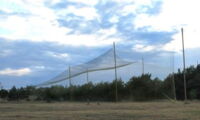
The world’s first bat net for migrating bats is launched in Latvia
The worldwide largest funnel trap designed for the purpose of studying migratory bats will opened at the ornithological field station in Pape, Latvia, on August 19, 2014. At the same time, an ambitious international research project on the biology of migratory bats will be started. The project is expected to provide some key answers to many unsolved questions concerning flight paths, hibernation areas and metabolism of these ecologically valuable mammals.
Read more … The world’s first bat net for migrating bats is launched in Latvia
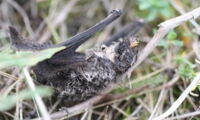
Bats versus wind turbines
Wind turbines are responsible for the death of numerous bats. In a recent study, scientists determined the origin of these animals: they do not only come from local areas but many had been already on a long migratory journey. Germany therefore bears responsibility not only for the protection of native bat populations, but also for the populations from other countries.

